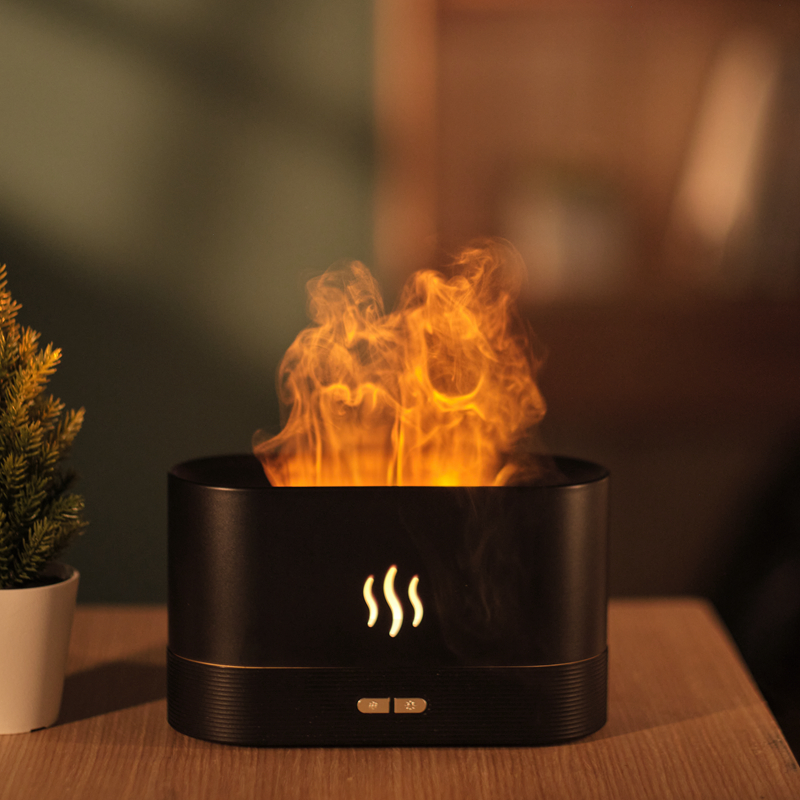Impact of U.S.-China Tariff Rollback on the Car Fragrance Diffuser Market
The recent U.S.-China tariff reduction agreement has brought significant relief to the car fragrance diffuser market, which had been strained by high trade barriers. Under the new deal, the U.S. suspended 24% of its additional tariffs on Chinese goods, retaining only a 10% base rate, while China reciprocated with similar adjustments. This move is expected to boost short-term exports and stabilize supply chains for Chinese manufacturers.
Short-Term Market Rebound
The immediate effect is a surge in U.S. orders, as buyers rush to restock during the 90-day tariff suspension window. Companies in Yiwu, a major export hub, report a sharp increase in inquiries from American clients, with some manufacturers operating 24/7 to meet demand. Given that China accounts for a substantial share of the global car fragrance diffuser market (valued at $438 million in 2024), this tariff relief could help recover lost export revenues.
Mid-to-Long-Term Industry Adjustments
However, the industry remains cautious. The U.S. still retains a 5% “safety buffer” tariff on strategic goods, and future negotiations could reintroduce trade tensions. Some Chinese firms, like Qingdao Kingking, have already shifted production to Vietnam to bypass tariffs, leveraging ASEAN trade benefits. This trend may accelerate if geopolitical risks persist.
Key Takeaways
- Export Recovery: Lower tariffs will revive U.S.-bound shipments in Q2-Q3 2025.
- Supply Chain Diversification: More manufacturers may relocate to Southeast Asia for tariff avoidance.
- Market Uncertainty: The 90-day window is temporary; long-term stability depends on further negotiations.
In conclusion, while the tariff rollback provides a much-needed boost, the car fragrance diffuser market must prepare for ongoing trade volatility by diversifying supply chains and exploring alternative markets.
Post time: May-21-2025
